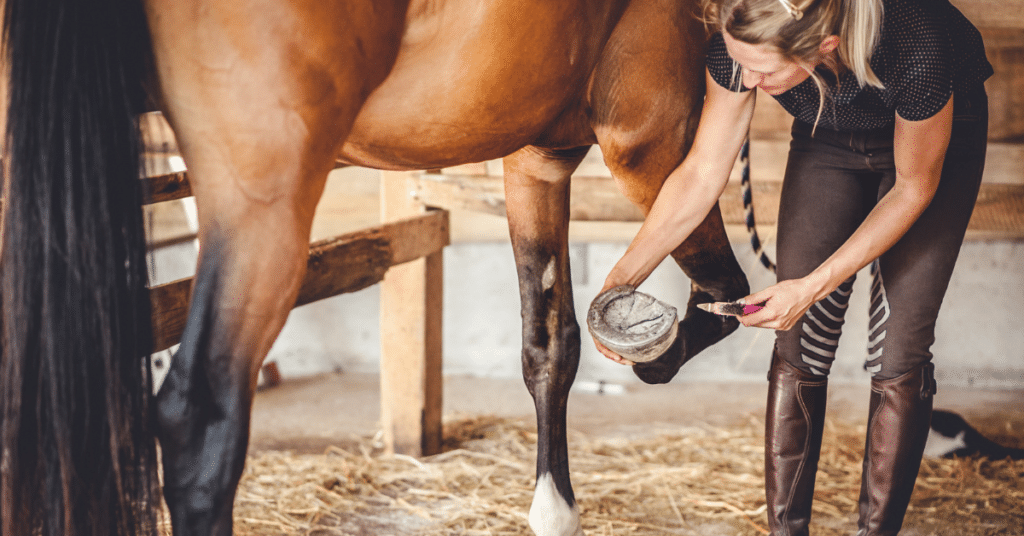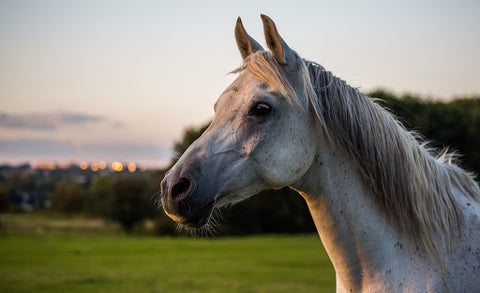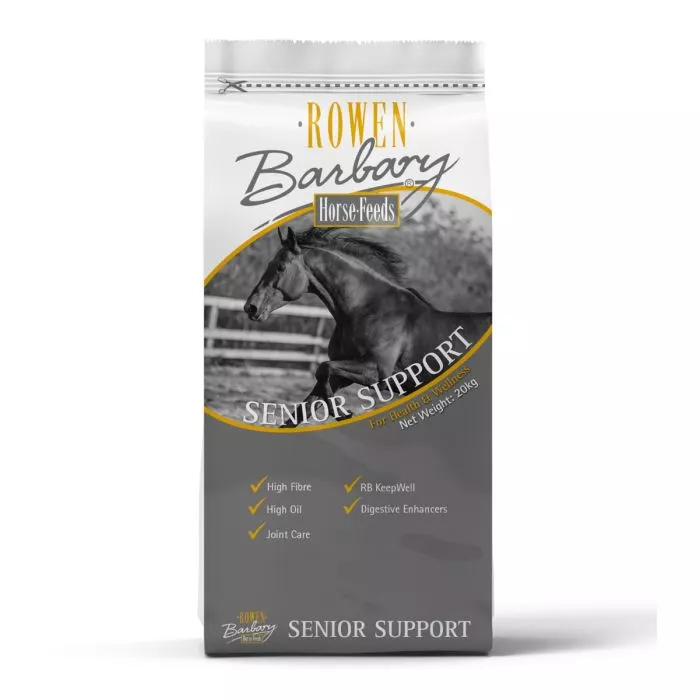Senior Horse Care: Age-Related Health Changes

Caring for senior horses requires special attention to the natural changes that occur as they age. Understanding these changes helps owners provide the best care to maintain their horse’s health and quality of life.
Common Age-Related Health Changes in Senior Horses

| Health Aspect | Description | Common Signs to Watch For |
|---|---|---|
| Dental Health | Teeth wear down over time, leading to difficulty chewing and weight loss. | Dropping food, bad breath, weight loss |
| Joint and Mobility | Arthritis and joint stiffness become more prevalent, affecting movement. | Stiffness, reluctance to move, lameness |
| Digestive System | Reduced efficiency in digestion can cause colic or weight fluctuations. | Changes in manure, weight loss, colic signs |
| Vision and Hearing | Sensory decline may affect balance and awareness of surroundings. | Bumping into objects, startled reactions |
| Immune System | Immune response weakens, increasing susceptibility to infections. | Frequent illness, slow recovery |
Key Care Strategies for Senior Horses
- Regular Veterinary Check-ups: Early detection of health issues is crucial.
- Dental Care: Routine dental exams and floating to prevent problems.
- Nutrition: Diet adjustments to include senior-specific feeds that are easier to chew and digest.
- Exercise: Gentle, consistent exercise to maintain joint flexibility and muscle tone.
- Environment: Safe, comfortable living spaces with easy access to food and water.
Nutrition Tips for Aging Horses
- Provide high-quality forage and consider supplements for joint health.
- Use feeds formulated for senior horses with balanced fiber and nutrients.
- Monitor body condition regularly to adjust feeding amounts.
Frequently Asked Questions (FAQs)
Q1: How often should I schedule veterinary visits for my senior horse?
A1: At least twice a year, or more frequently if health issues arise.
Q2: What signs indicate my horse is in pain or discomfort?
A2: Changes in behavior, reduced appetite, limping, or reluctance to move.
Q3: Can older horses still be ridden?
A3: Yes, with appropriate adjustments to workload and regular health monitoring.
Q4: How can I help my senior horse maintain a healthy weight?
A4: Provide balanced nutrition, monitor intake, and ensure regular exercise.
Conclusion
Senior horses experience various health changes that require attentive care. By understanding these changes and implementing tailored care strategies, owners can help their aging horses enjoy a comfortable and healthy life.
Would you like me to help improve the clarity or tone of this content, add more detailed care tips, or expand the FAQ section?
